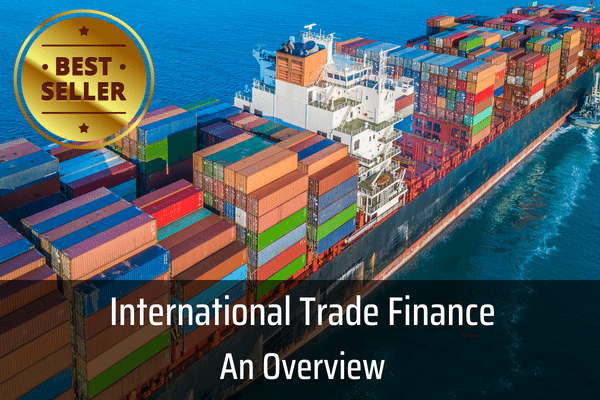There are no items in your cart
Add More
Add More
| Item Details | Price | ||
|---|---|---|---|
In the evolving landscape of global commerce, digitization is not just a convenience; it's a necessity. Among the most significant developments in this space is the Model Law on Electronic Transferable Records (MLETR), introduced by the United Nations Commission on International Trade Law (UNCITRAL). Let’s explore what MLETR is, why it matters, and how it’s reshaping the digital trade environment.
MLETR provides a legal framework to recognize and regulate electronic transferable records (ETRs) such as bills of lading, promissory notes, and warehouse receipts. These records traditionally exist in paper form, but MLETR ensures they carry the same legal weight when digitized.
By establishing equivalence between electronic and paper records, MLETR removes one of the key barriers to digitizing trade documents, paving the way for faster, more secure, and efficient transactions.

Current adoption rate of MLETR - Source: ICC and Deutsche Bank
While MLETR has been adopted by several countries, including Bahrain and Singapore, widespread implementation is still a work in progress. Challenges include:
MLETR is a cornerstone of the broader push toward digital trade. By legitimizing electronic transferable records, it enhances trust and efficiency in global trade transactions. For industries like logistics, banking, and supply chain management, MLETR offers a pathway to streamlined operations and greater agility.
The adoption of MLETR signals a transformative shift in how trade is conducted globally. As more countries embrace this model law, businesses will benefit from reduced friction, faster processes, and improved security in their transactions. Embracing MLETR is not just about staying competitive; it’s about being part of the future of global trade. To learn more about MLETR and its implications for digital trade, visit ICC Academy’s overview on MLETR and their insights on digital trade.
WANT TO READ MORE?
Already signed up/ logged in? Then you are all set!

Easy Explanation of International Trade Payment Methods like LC, Collections, BG etc and Incoterms 2020

Types & Uses in International Trade | URDG 758 & ISP 98 - Main Points | Clauses & Examples | Related SWIFT Messages

Jump start your Trade Finance career with this 4-in-1 course package - Trade Finance Overview, Letter of Credit, Bank Guarantees and Incoterms® 2020